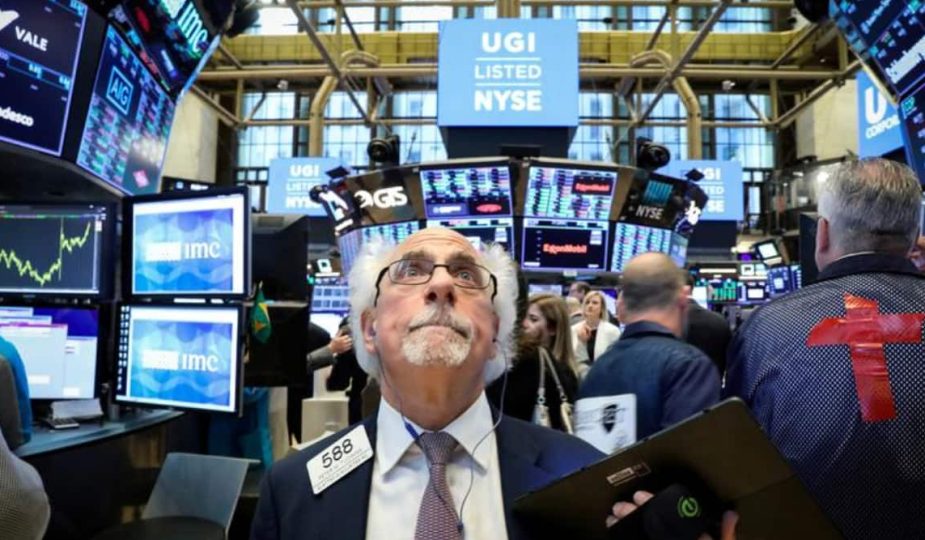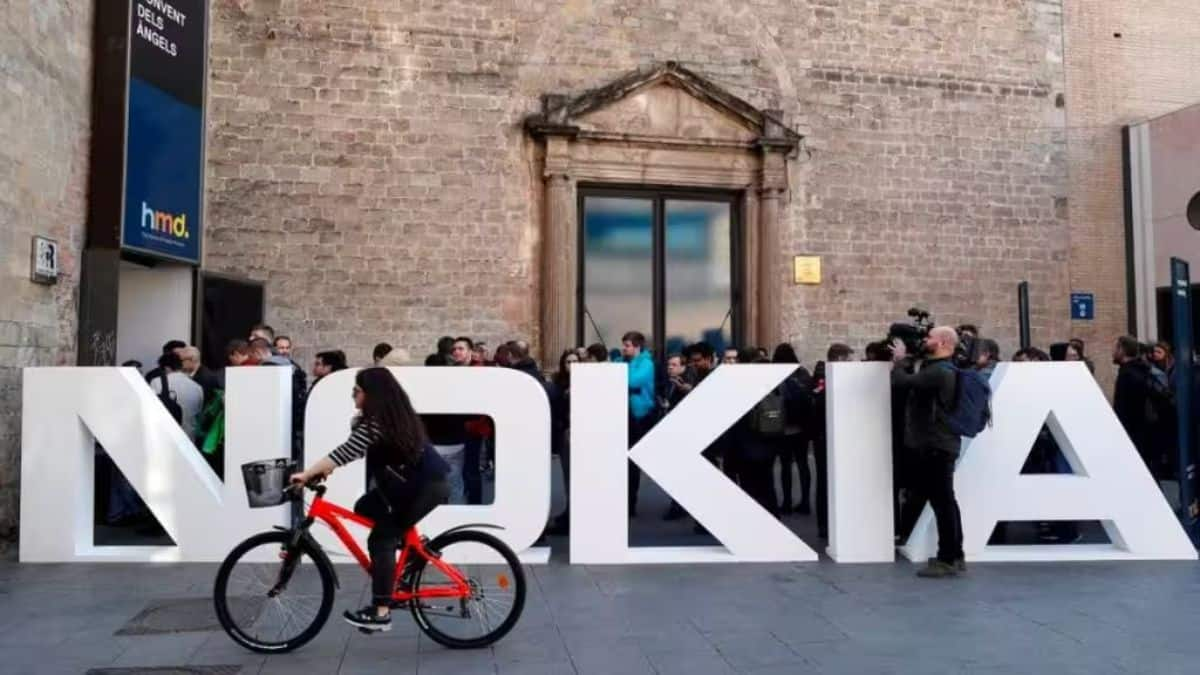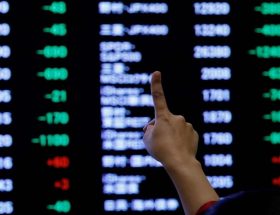
5 Chinese state-owned companies to delist from NYSE amid US tensions
Five Chinese state-owned companies, including oil giant Sinopec and China Life Insurance, said on Friday they would delist from the New York Stock Exchange, amid economic and diplomatic tensions with the United States.
The companies, which also include Aluminium Corporation of China (Chalco), PetroChina and a separate Sinopec entity, Sinopec Shanghai Petrochemical Co, each said they would apply to delist their American Depository Shares this month.
The five, which in May were flagged by the U.S. securities regulator as failing to meet its auditing standards, will keep their listings in Hong Kong and mainland Chinese markets.
Beijing and Washington are in talks to resolve a long-running audit dispute which could potentially result in Chinese companies being banned from U.S. exchanges if they do not comply with U.S. rules.
Washington has long demanded complete access to the books of U.S.-listed Chinese companies, but Beijing bars foreign inspection of audit documents from local accounting firms, citing national security concerns.
Also Read: China’s Alibaba strives to keep New York listing amid audit dispute
There was no mention of the auditing dispute in separate statements by the Chinese companies outlining their moves, which come amid heightened tensions after last week’s visit to Taiwan by U.S. House of Representatives Speaker Nancy Pelosi.
“These companies have strictly complied with the rules and regulatory requirements of the U.S. capital market since their listing in the U.S. and made the delisting choice for their own business considerations,” the China Securities Regulatory Commission (CSRC) said in a statement.
The agency added that it would keep “communication open with relevant overseas regulatory agencies.”
The oversight row, which has been simmering for more than a decade, came to a head in December when the Securities and Exchange Commission (SEC) finalized rules to potentially prohibit trading in Chinese companies under the Holding Foreign Companies Accountable Act. It said 273 companies were at risk.
Some of China’s largest companies including Alibaba Group Holdings, JD.com Inc and Baidu Inc are among them. Alibaba said last week it would convert its Hong Kong secondary listing into a dual primary listing which analysts said could ease the way for the Chinese e-commerce giant to switch primary listing venues in the future.
In trading on Friday, U.S.-listed shares of China Life Insurance and oil giant Sinopec fell 3.06% and 3.26% respectively. Aluminium Corporation of China dropped 3.14%, while PetroChina shed 2.85%. Sinopec Shanghai Petrochemical Co shed 3.54%.
A spokesperson for NYSE declined to comment. A spokesperson for the Public Company Accounting Oversight Board, the audit watchdog overseen by the SEC, did not immediately provide comment.
LOSING PATIENCE?
Market-watchers were split over what the delistings might mean for the audit deal, with some saying it was a bad sign.
“China is sending a message that its patience is wearing thin in the audit talks,” said Kai Zhan, senior counsel at Chinese law firm Yuanda, who specializes in U.S. capital markets.
The companies said their U.S. traded share volume was small compared with those on their other major listing venues.
Still, volume for the U.S.-listed shares for the five companies on Friday was at least three times their 10-day average.
PetroChina said it had never raised follow-on capital from its U.S. listing and its Hong Kong and Shanghai bases “can satisfy the company’s fundraising requirements.”
Global fund managers holding U.S.-listed Chinese stocks are steadily shifting towards their Hong Kong-traded peers, even as they remain hopeful the audit dispute will eventually be resolved, Reuters reported this week.
“These companies are very thinly traded with very small US market cap so it is not a loss for US capital markets,” Brendan Ahern, CIO of Krane Funds Advisors, which has a New York-listed fund focused on Chinese tech plays, wrote in an email.
He and analysts said the delistings could pave the way for China to comply with the U.S. requirements, since the five companies concerned likely have sensitive information China would not want exposed in an audit review.
“We see this as a positive sign. This is consistent with our view China will decide what companies would be allowed to be US-listed and thus subject to SEC’s audit investigations,” Jefferies analysts wrote in a note.
China Life and Chalco said they would file for delisting on Aug. 22, with it taking effect 10 days later. Sinopec, whose full name is China Petroleum & Chemical Corporation, and PetroChina said their applications would be made on Aug. 29.
China Telecom, China Mobile and China Unicom were delisted from the United States in 2021 after a Trump-era decision to restrict investment in Chinese technology firms. That ruling has been left unchanged by the Biden administration amid continuing tensions.







